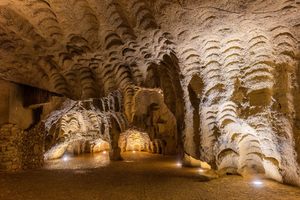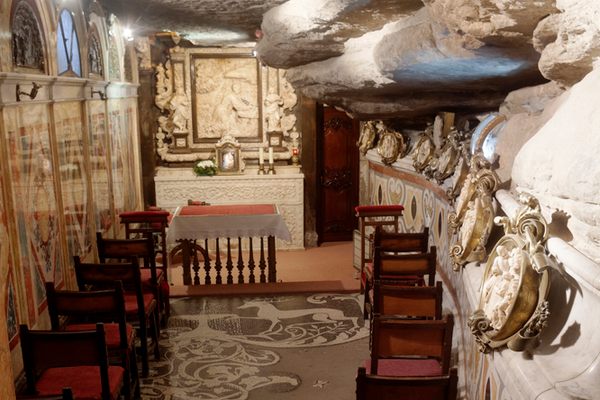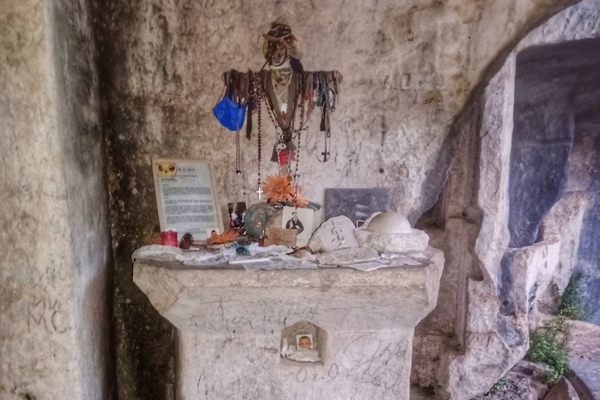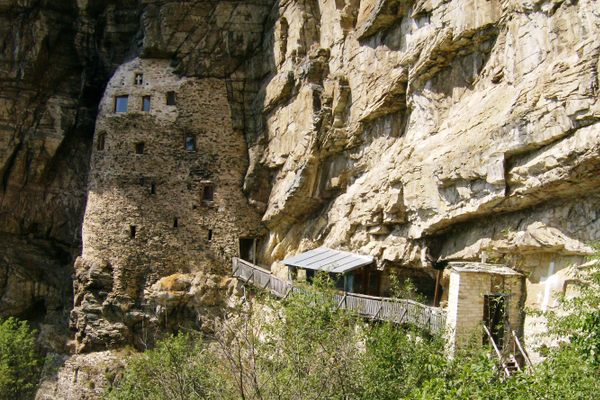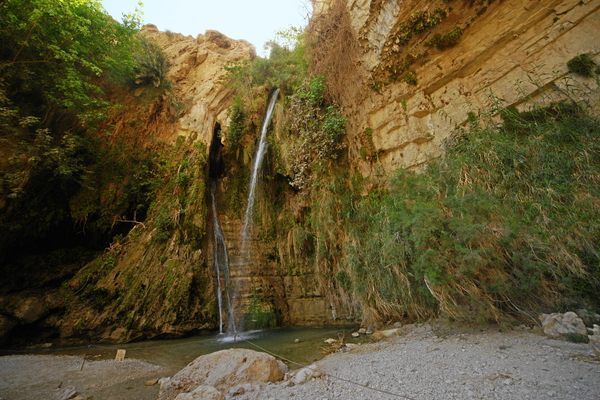About
The City of Eleusis sits above the Bay of Eleusis and at the end of the Sacred Way, the legendary road from Athens to Eleusis. The sacred district of the city was one of the most important religious centers in Greece from the 16th century BC until the 4th century.
During this period, many religious festivals were held in the district that attracted pilgrims from all over the known world. The most popular festival was known as the Rites of Eleusis or Eleusinian Mysteries, held annually in September. This festival was so important that it was listed as an official event on the Athenian calendar. During the festivities, participants asked the Goddess Demeter for a successful harvest.
Demeter is asked for a successful harvest because according to legend, Hades once traveled through a cavern located in the sacred district to abduct Demeter’s daughter Persephone, whom he had fallen for. Demeter was distraught and asked Zeus for assistance, however, he declined. In an attempt to “convince” Zeus otherwise, Demeter caused a lengthy drought during which time many people starved.
Seeing this, Zeus intervened and forced Hades to return Persephone to Demeter. As a condition, it was agreed that Persephone was to stay in the underworld with Hades during the winter. She was only allowed to return above ground during the spring.
Located atop a set of carved stairs, near the north entrance of the sacred district and directly across from the Sanctuary of Demeter, is the cave Hades and Persephone used. This Plutonian cave has odd vegetation growing out of various crevices, creates unusual wind patterns, and near the rear are dark indentations and odd cracks along the walls. Where these narrow passageways lead is anyone's guess, but most locals state they have no desire to find out.
Related Tags
Know Before You Go
The Plutonian Cave of Eleusis is located within the Archaeological Site of Eleusis. The site is open from 8:30 a.m. to 4 p.m., Wednesday – Monday (closing times may change seasonally.)
Some years it closes on New Year's Day and other select holidays. There is a six euro entry fee (there are many free entry days, exceptions, and discounts that should be explored). This is an active archaeological site, so at times the Plutonian Cave area may be restricted to the public. Archaeological staff should not be distracted from their important duties.
Any unauthorized events/activities (including organized worship) at the site are strictly prohibited, except for authorized duties performed by licensed guides or others approved by the cultural ministry.
Community Contributors
Added By
Published
March 11, 2020




























